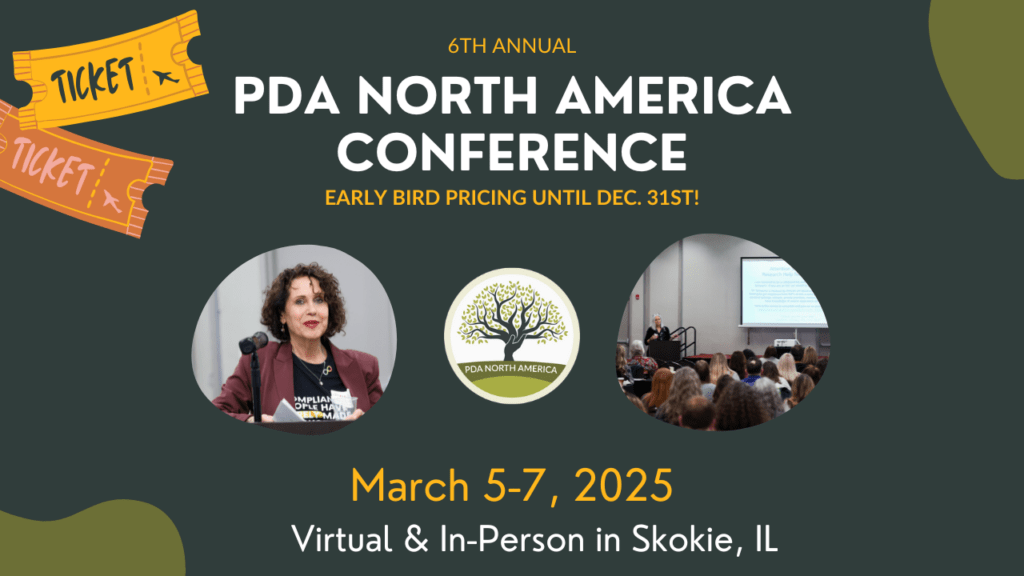By Afshan Tafler, Nervous System Resilience Coach
I hated going to toy stores after this experience. My son and I were at a toy store together one time, and he was playing with Thomas the train on the train tracks table. He was having fun, until another kid came along and wanted to play too. My son screamed at him and chucked a train at him. The other child’s mom looked horrified. I apologized profusely, feeling the creeping in of frustration and anger, followed quickly by shame and despair that often gets triggered when my child does something like this in public.
In that moment I felt like a failure as a parent. No matter how hard I tried, I couldn’t control my child in public places from either melting down or becoming aggressive (usually verbally, sometimes physically). I couldn’t reach my child in those moments and help him to be a kinder, more respectful human being. And as a result, I felt secretly angry at him and I blamed myself.
Fast forward, I now understand his nervous system and brain and I get why I couldn’t reach him in those moments to help him…He just felt too unsafe inside his body…too threatened. But even if I don’t feel so bad for those moments anymore, I still catch myself feeling like a failure when I can’t get my child to brush his teeth or learn anything at home since he doesn’t go to school. The feeling of “I’m not doing enough” and “I must be a bad mom” seem to still creep in.
The reminders of all the ways in which my child does not fit into this society’s expectations of how a human “should” be still trigger me from time to time…The feeling of being a failure as a parent can run really deep when living in a society that tells us everyday that we should have control over our kids and be able to make them do what they “should” be doing.
The reason why we feel like a failure
Feeling constantly like you’re failing and just cannot win while parenting a highly reactive, high needs child is probably the most common reaction I see in parents.
Why is this the case?
Our brains believe that “survival” is staying connected and belonging to the “tribe”. This is a deeply innate wiring, passed on through hundreds of generations of the human race, to adhere to the general rules of society and culture of what’s acceptable in order to keep us safely attached to the tribe or society.
When our kids act in ways that society disapproves of, and we can’t control that behavior no matter how hard we try, the Amygdala (the threat detection center in our brains) sees this as a threat to our livelihood (because we may be outcasted) and our ability to successfully care for and protect our child (because it is also survival to our brains to be able to keep our kids safe in society). Our Amygdala has learned that being a successful parent (and thus staying connected to the tribe of society) means to have a child who listens, is compliant, kind, respectful, responsible…and the list goes on.
Since our efforts to control and change our child are not working, our Amygdala will either turn that blame outwards (it’s the child’s fault) and try to control them, or in this case, inwards (I must be doing something wrong, and I’m a failure).
So it’s not an easy challenge to just change this deep wiring of feeling like a failure when our kids defy the norms of society. We literally have to override and challenge hundreds of years of human conditioning on how to stay safe and belong.
In addition, our brain has a Monitor system (term borrowed from the book Burnout) that is always measuring our life against the standards we have wired into our brains. If we have high standards and expectations of how people should be, and our kids’ behaviors don’t measure up to those expectations, then we will always see ourselves as failing. If we got in trouble or were shamed for not being the way our caregivers expected us to be, then our brain will always remember the expectations and standards that we need to adhere to in order to stay connected and be accepted. We then, unconsciously, have these expectations of our kids.
But we are not being fair to ourselves or our kids. The reality is our hypersensitive kids are differently wired at a brain and nervous system level and need a different type of care to have a greater chance of being successful in life. They need a different set of expectations that will not only help to make them more successful according to standards that are more realistic for them, but also will help us to feel more successful as parents on a day to day basis.
Shifting from “failing” to “winning”
So what do you do to change the feeling of failing as a parent when you can’t control your child’s behaviors?
First recognize that it is not you, it’s your brain’s innate wiring of how to stay safe, loved, successful and belong. These meanings our brain automatically makes creates expectations and standards that are just too high for what is needed when parenting a highly sensitive child.
Second, accept that your brain is always going to go into fear and feeling like a failure on some level due to the deep human conditioning and wiring. Accept and befriend this automatic reaction first, so you can be in relationship with it. Then bring a new felt sense of safety to your brain by showing it how you can still be safe and belong even if your child is not approved by or measures up to society’s outdated standards that don’t apply to children like ours.
Third, help your brain lower its expectations. Shine light on those high expectations and standards that your brain makes when comparing your child to other children who don’t struggle with a biologically wired hypersensitive system, or to the standards of most of society who don’t have a darn clue as to what your child is going through and what it takes to parent them so they feel safe enough in life.
If you lower your expectations and standards, your brain Monitor won’t keep telling you you’re failing, and instead it will feel like you’re actually winning.
“Winning” in action in your day to day
What if you did a serious audit of all of your expectations of your child and then lower them? What would that feel like in your day to day life? I bet you the pressure would come down, you could be a lot more accepting and allowing of what is, and as a result you would be way less stressed…and feel better about yourself!
To do this, you do need to manage your fears of the future and worrying if your child will develop all the wonderful qualities you want them to develop. It would take for you to deeply understand that those qualities, like empathy, kindness, respect come from a nervous system that is regulated and not in overload due to the demands being too high for the skills they have.
I let go of the expectation of my son eating with utensils. As a result, he eats happily and feels good about himself vs feeling pressured and judged and thus not eating much. I let go of the expectation of my son to not swear when he saw someone look at him on the street. Instead, I expect this now and support him and let go of what others will think. I often explain to them that he doesn’t feel safe right now and sorry, but please don’t take it personally. Most people understand.
What if you could let go of your child being able to share or be kind to other kids for now. What if you know they are capable of being kind only if they are regulated, and so perhaps if you take them somewhere where they need to be able to share the toys or the space, you set an expectation that they likely won’t be able to share, and you just explain it to the other mom and help your child also come up with a plan to handle this situation or decide not to put them in that situation to begin with until their nervous system feels safer in life.
What if you do not attribute your parenting and its value to how dysregulated your child gets in public? What if your expectations are that your child will get dysregulated if their nervous system perceives too much danger and not enough safety and it’s your job to support them to get back to regulation instead of feeling like it’s your job to control them to behave better?
How would your life change as a result of lowering or changing your brain’s expectations of how you should be as a parent and how your child should be?
Lessening our suffering…Helping ourselves feel safe.
Countering the feeling of failing as a parent because you can’t control your child’s behavior is an ongoing challenge that us parents will always have to face to some degree. After all, we are human, and we are conditioned beings that have unconscious programs that blind us sometimes.
But we can lessen our suffering and create more ease when we can help this innate wiring to feel safe to see our kids and our parenting in a new way – a way that helps us feel like we are winning and that we still belong, even if we follow a different path than the norm.
I invite you to do an inventory of the expectations your programmed and conditioned brain runs on autopilot. Shine light on them and begin to lower or change the expectations until they are realistic for both you and your child to reach. When you do this, your nervous system will feel much safer in life with your child, and your child’s nervous system will then feel that safety too. It is only within the context of safety that we can access the skills we need to be a more connected and kind human in life, and the reframes we need to see that we are a good enough parent doing the best we can.
If you want to learn how to regulate your nervous system and have a better experience of life with your child, then check out Afshan’s free Ebook/Video Series here







